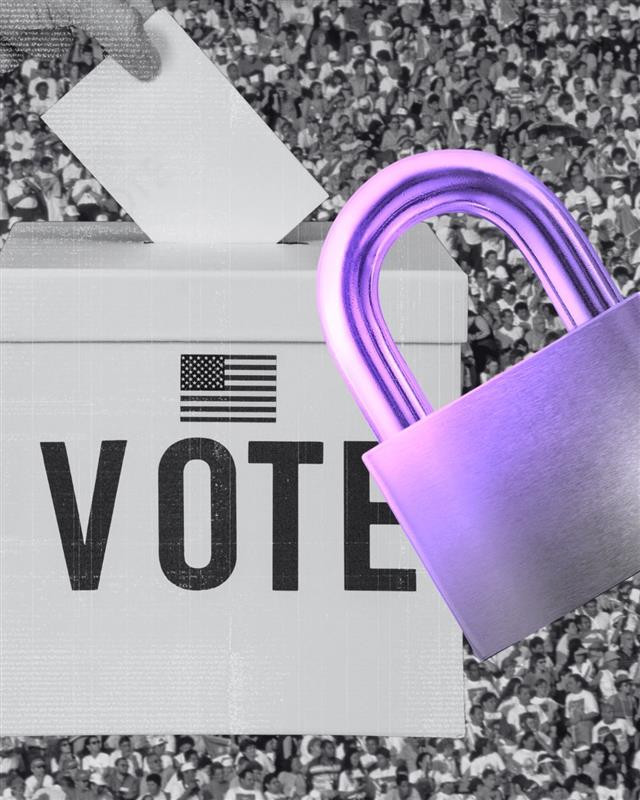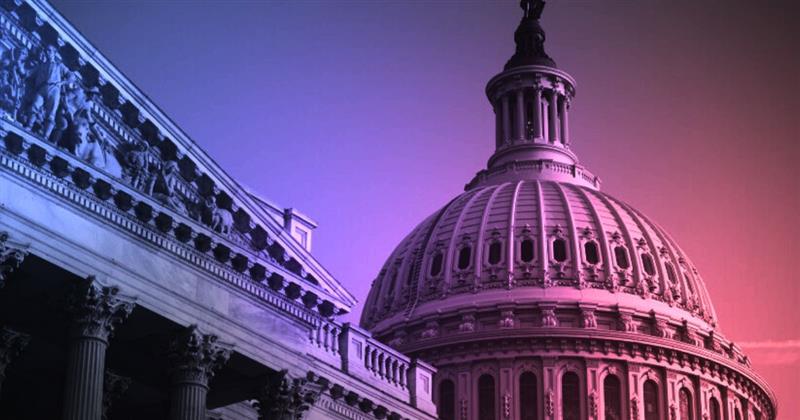The Independent Center's September 2024 survey reveals a competitive landscape in the Sunshine State.
The Big Picture
The Independent Center's September 2024 survey of 600 likely voters in Florida reveals a highly competitive Senate race, widespread dissatisfaction with Congress, and a strong preference for bipartisan representation. With 30 electoral votes and a key Senate contest, Florida could determine the balance of power in Washington.
Zooming In
Florida Senate Race: A Close Contest
When asked, "If the Senate election were held today, how would you vote if your options were Democrat Debbie Mucarsel-Powell or Republican Rick Scott?" (FS5A), Florida voters were nearly evenly split:
- Debbie Mucarsel-Powell: 44%
- Rick Scott: 46%
- Unsure: 10%
With only a 2-point lead for incumbent Senator Rick Scott and 10% of voters still undecided, this race is a toss-up. Both candidates must work to mobilize their bases and win over undecided voters in the final stretch.
Presidential Race: A Dead Heat
The survey also asked, "If the Presidential election were held today, how would you vote if your options were Republican Donald Trump, Democrat Kamala Harris?" (GS3). The results show a virtual tie:
- Donald Trump: 48%
- Kamala Harris: 47%
- Unsure: 5%
With Florida's diverse electorate and history of razor-thin margins, both campaigns will pour massive resources into the state to secure its crucial 30 electoral votes.
Floridians Deeply Dissatisfied with Congress
Mirroring national trends, Floridians expressed strong disapproval of Congress. When asked whether they approve or disapprove of the job the U.S. Congress is doing (GS2), a majority (61%) disapproved:
- Strongly approve: 8%
- Somewhat approve: 23%
- Somewhat disapprove: 34%
- Strongly disapprove: 27%
- Unsure: 8%
This frustration with gridlock and partisanship suggests that candidates who can demonstrate a record of bipartisan problem-solving may have an advantage.
Desire for Bipartisan Representation
Floridians are eager for leaders who prioritize cooperation. When asked, "Which of the following do you think would be the best candidate to represent you and your neighbors in Congress?" (PS1), nearly half (49%) preferred a candidate who works with both parties:
- A candidate who works and votes with Republicans: 23%
- A candidate who works and votes with Democrats: 22%
- A candidate who works and votes with both: 49%
- Unsure: 6%
This strong preference for bipartisanship suggests that Floridians are looking for solutions-oriented leadership rather than partisan gridlock.
Voters Pessimistic About the Political System
Despite their desire for bipartisanship, Florida voters remain deeply skeptical about their voices being heard. When asked if they believe their opinions are considered in Washington (PS2), responses were:
- Yes: 28%
- No: 48%
- Unsure: 25%
This skepticism underscores the need for candidates to demonstrate their commitment to genuinely representing their constituents.
Data Snapshot
- Senate Race: Scott leads Mucarsel-Powell by 2% (46% - 44%), with 10% undecided.
- Presidential Race: Trump leads Harris by 1% (48% - 47%), with 5% undecided.
- Congress Approval: 61% of Floridians disapprove.
- Bipartisanship: 49% prefer a candidate who works across party lines.
- Trust in Government: 48% feel their voices are not being heard in Washington.
Independent Lens
As the 2024 election nears, Florida remains a critical battleground. Voters are looking for candidates who will put country over party and work across the aisle to solve pressing issues.
For candidates, the message is clear: Floridians want cooperation, accountability, and real leadership. Those who can deliver on these expectations may have the edge in this pivotal state.
Want to dive deeper into the data? Download the complete toplines from the Independent Center's September 2024 South East Swing State survey.
Subscribe to our newsletter for more insights into key voter trends and independent voter analysis.


.jpeg)


.jpg)